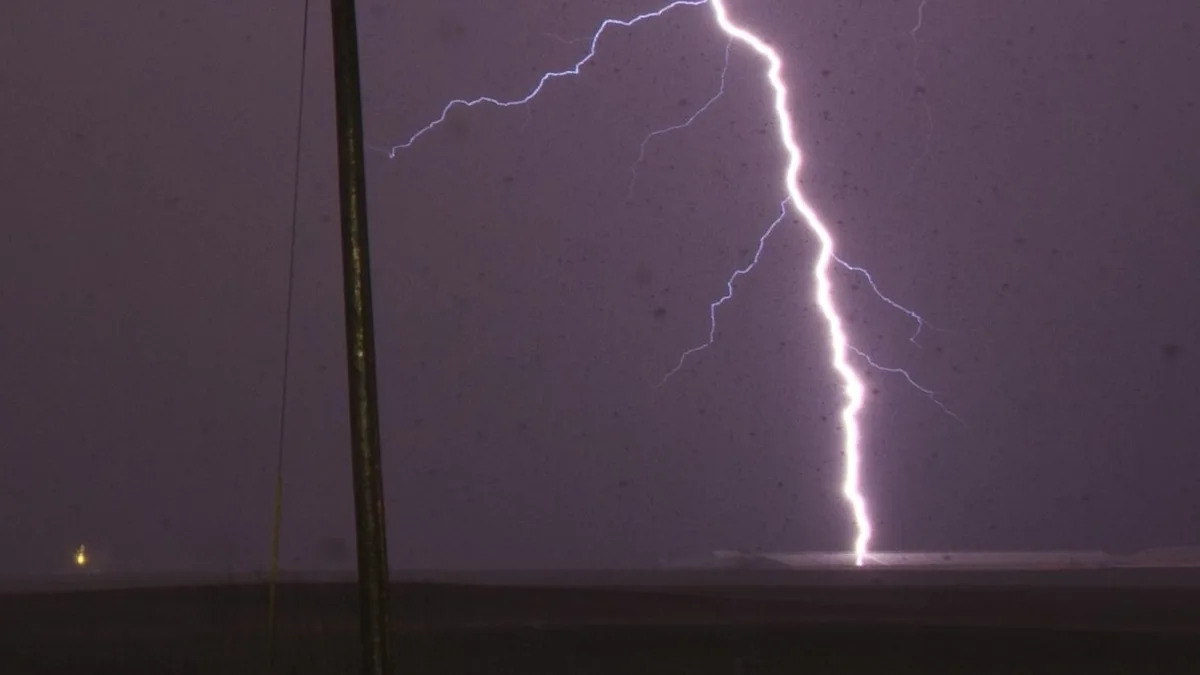A 36-year-old golfer went into cardiac arrest Sunday evening after being struck by lightning at a Morris County golf course, police said.
It’s the second person to be struck by lightning on a golf course in New Jersey this summer, after a lightning strike killed a 28-year-old man in Sussex County in July.
First responders were called to Pinch Brook Golf Course, a 4,996-yard course in Florham Park, around 6:10 p.m. after reports of a lightning strike, according to police.
The golfer was hit while on the course and collapsed, authorities said.
Several bystanders immediately began CPR, including retired Morris County Sheriff’s Office Captain Mark Chiarolanza, a veteran member of the Florham Park First Aid Squad who happened to be at the scene.
Officers from East Hanover and the Morris County Sheriff’s Office also responded and life-saving efforts continued until medics arrived, police said.
The man was taken to a local hospital and later transferred to Cooperman Barnabas Medical Center for further treatment.
As of Monday morning, his condition remained unknown, according to Florham Park police.
“We commend the quick response and immediate life-saving efforts by not only trained medical personnel in the right place at the right time, but also civilians just wanting to help save the life of a stranger,” Florham Park police spokesperson Brian Ford said Monday.
Two people have been killed by lightning in New Jersey this year. Simon Mariani, 28, of Franklin Lakes, was struck on July 8 at Ballyowen Golf Club and died a week later. Robert Montgomery, a 61-year-old from Cinnaminson was killed on July 16. He was training a group of cub scouts in archery at Black Knight Bowbenders in Jackson when he was struck by lightning. Fourteen children, including a 7-year-old, were injured in the incident.
Deaths from lightning strikes remain exceedingly rare with less than a one-in-a-million chance of being struck, according to the CDC. But there are certain circumstances that increase the likelihood of being struck and there are few, if any, regulations that require lightning detection systems.
Being near water, whether on the beach, fishing or being on a boat, are among the most common places for people to be struck by lightning, followed by golf courses and soccer fields.
Holding a metal golf club while out on the green isn’t what increases your risk, said Chris Vagasky, a meteorologist at the National Lightning Safety Council. It’s more about being the tallest object in an open area.
In New Jersey, 18 people died from lightning strikes in the past 19 years — and prior to this year, only one of them was on a golf course.
Reporter Matt Enuco contributed to this story.
Our journalism needs your support. Please subscribe today to NJ.com.
Nyah Marshall may be reached at nmarshall@njadvancemedia.com
